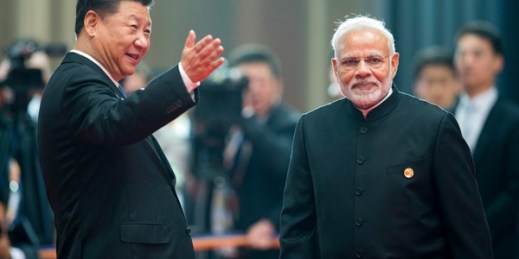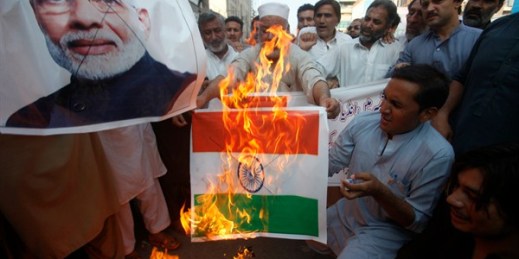
It’s too early to say what India’s breach of the status quo in Kashmir will mean for long-term stability in South Asia. There are, of course, many fears of where revoking the semiautonomous status of Jammu and Kashmir could lead—from another retaliatory insurgency by militants in Kashmir backed by Pakistan, or worse still a destabilizing war between the two nuclear-armed rivals. Ultimately, though, it is China—not India or Pakistan—that will likely tip the balance in a region teetering yet again on the brink. Indian Prime Minister Narendra Modi and his Hindu nationalist Bharatiya Janata Party view downgrading Kashmir’s status from […]

